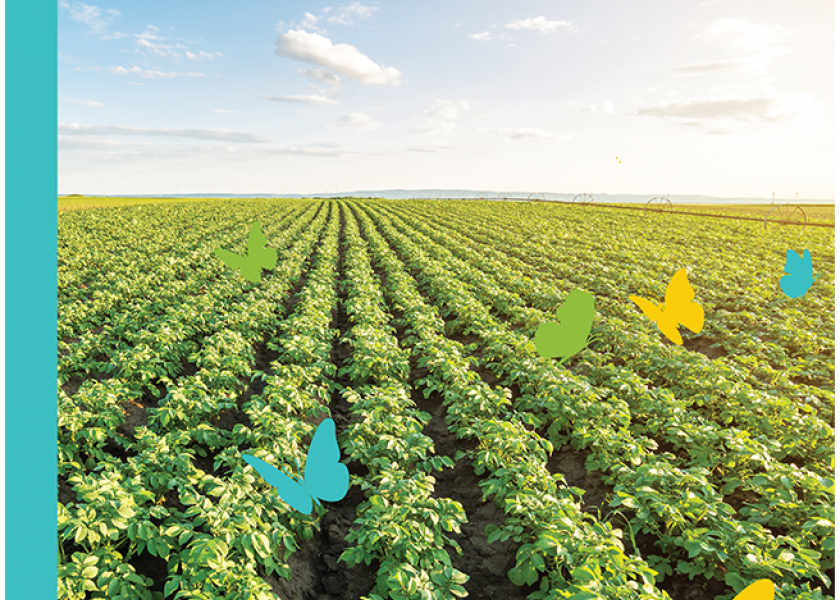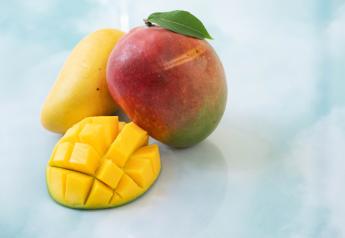Survey rates grower sustainability practices, reasons for implementation

Growers have many ways they approach sustainability, and the top two are soil testing and crop rotation.
The complete list is much longer, according to growers who took The Packer’s Sustainable Insights Survey.
In response to the question, “What sustainable farming practices have you implemented? (select all that apply), the results were:
- Soil testing: 83%;
- Crop rotation: 69%;
- Precision ag systems (ex: sensors, in-field technology, automated harvesters, etc.): 57%;
- Reduce conventional pesticides: 56%;
- Reduce conventional fertilizers: 49%;
- Manual weed control: 36%;
- Sustainable produce packaging: 36%;
- Biological fertilizer: 35%;
- Alternative fuels for equipment (non-fossil fuels): 12%;
- Other (please specify): 8%; and
- None of the above: 1%.
Among the “other” practices, respondents listed:
- Drip watering systems;
- We are certified organic. We have implemented Avery aggressive biological soil and foliar input system using sap analysis to help with crop and soil health
- integrated pest management;
- Cover crops; and
- IPM.
In a related question, The Packer’s survey asked, “What are the TOP THREE main reasons for you to implement sustainable farming practices? (select all)”
Their answers reflected the fact that many growers see sustainability as their choice; only 29% of growers said they implement sustainability because it is a priority for their customers.
Here are the listed reasons that growers implement sustainable farming practices:
- I want to be a better steward of the land: 69%;
- I feel it is the responsible thing to do: 61%;
- It is a priority for my customers: 29%;
- Increases in consumer demand for sustainably produced ag commodities: 23%;
- Improve water quality: 21%;
- It improves my operation’s market access: 15%;
- Improve water availability: 13%;
- Improve human health: 9%;
- To combat climate change; 8%;
- Other (please specify): 6%;
- Improved animal welfare: 6%;
- Reduce food waste: 4%;
- Reduce air pollution: 3%;
- Reduce landfill waste: 2%;
- It is required by legislation: 2%;
- None of the above; 1%; and
- To reduce deforestation: 1%







